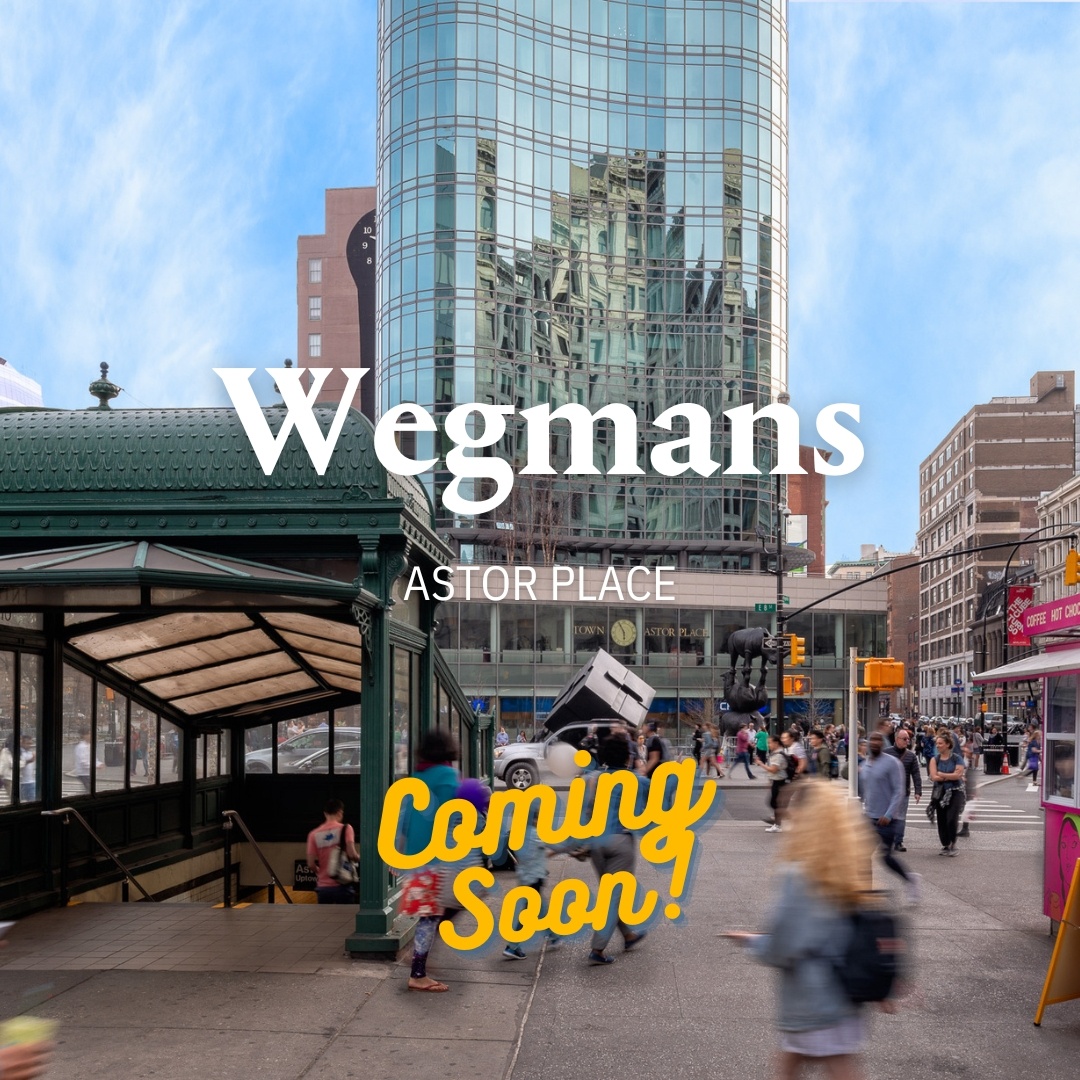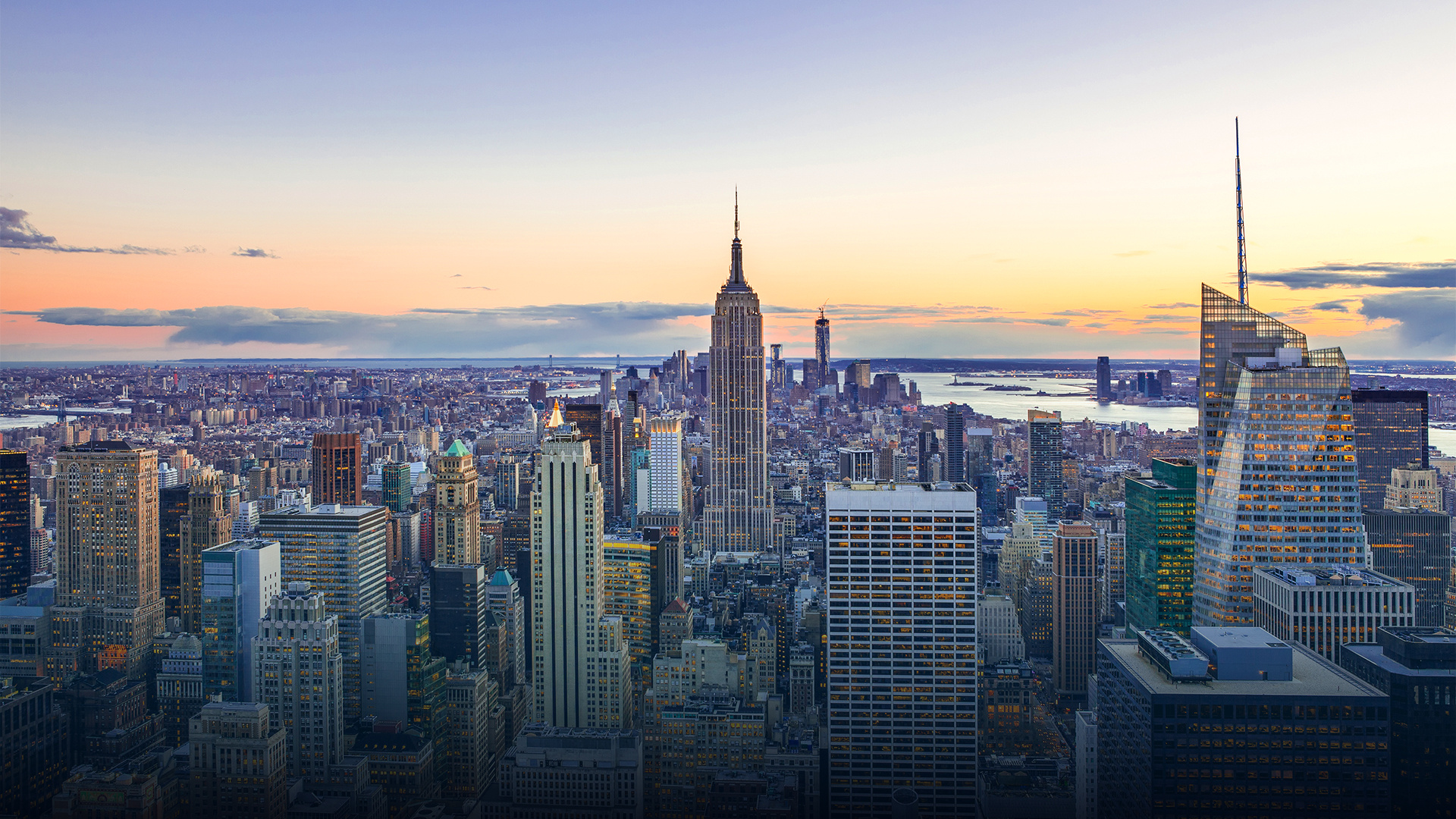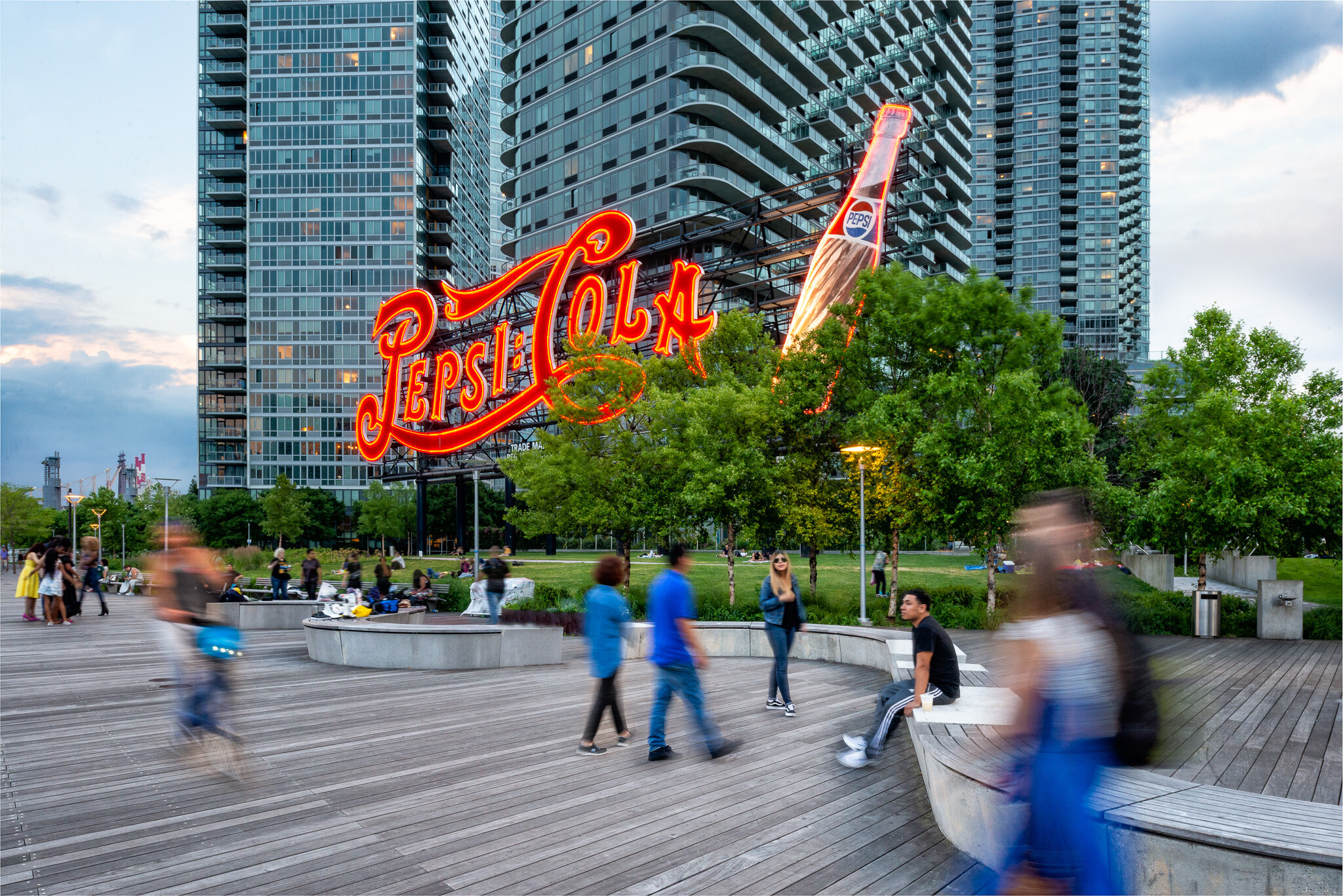Cost of Living in Manhattan
If you're looking to experience the hustle and bustle of a vibrant city, then New York City should be at the top of your list. There's a reason it's called "the city that never sleeps." With so much to see and do, it's no surprise that the cost of living in New York City can be pretty steep.
Here we’ll discuss the cost of food and going out, and then touch on transportation and housing. We’ll also discuss what it takes to not just survive but what it takes to thrive in the big city. Read to the end to see an actual cost breakdown based on your salary.
Dining Out
When it comes to dining out in Manhattan, the options are endless. From pizza and bagels to fine dining, you can find just about any type of cuisine you're in the mood for. But with so many choices comes a wide range of prices.
For example, a slice of pizza from a corner pizzeria will set you back around $3 to $5, while a meal at a mid-range restaurant can cost between $20 to $40 per person. If you're looking for something more high-end, expect to pay upwards of $100 per person.
If you're on a budget, there are plenty of options for affordable dining. Street food is a staple in New York City, and you can find everything from hot dogs to falafel at street vendors to gourmet food trucks. Additionally, many restaurants offer lunch or happy hour specials and prix fixe menus to help you save money while still enjoying the city's culinary scene.
Grocery Shopping
When it comes to groceries, prices in Manhattan can be higher than what you might find in other parts of the country. On average, New Yorkers will spend upwards of $477/month on groceries. Even though that seems high, the good news is that there are many grocery shopping options where you can find deals. There are a few Trader Joe’s sprinkled about the city and quite a few international stores for more specific items. If you are looking for specialty and prepared foods, check out Zabar’s and Citarella’s. These will cost more but they are quite popular with New Yorkers who may not have time to cook for themselves.

Getting Around
One of the first things you'll need to budget for when living in Manhattan is transportation. While New York City has a great subway system, it can get crowded during rush hour and can be a little intimidating for newcomers. Taxis and ride-sharing apps like Uber and Lyft are also popular options, but they can quickly cost a lot. A typical taxi ride within Manhattan can cost between $10 and $20, while an Uber or Lyft ride can range from $15 to $50, depending on the distance.
If you're up for some outdoor exploration, Manhattan offers plenty of opportunities to experience the city firsthand. With so much to see, it's a great way to immerse yourself in the energy of the area. Crossing the Brooklyn Bridge, visiting Central Park, and making your way down Fifth Avenue are all fantastic options for enjoying the city's sights without spending a dime.
"Ready to embark on a new adventure? Let Team Undivided be your guide as you navigate the vibrant and dynamic city of Manhattan. From finding the perfect place to call home to exploring the best dining, entertainment, and cultural experiences, our team is here to help you make the most of your New York City journey. Contact us today to start your journey and make your move to the city that never sleeps!"
Parking
Parking in Manhattan can be a challenge, and it's not cheap. If you own a car, you'll need to budget for parking expenses, which can range from $300 to $500 per month. If you're just visiting, parking garages can cost anywhere from $20 to $60 for a few hours, depending on the location.
But don't let the cost of living in Manhattan deter you from experiencing all that the city has to offer. With its world-class museums, Broadway shows, and iconic landmarks like the Statue of Liberty and the Empire State Building, there's no shortage of things to do in New York City.
In addition to the well-known attractions, there are also plenty of hidden gems to explore. The High Line, a public park built on an elevated railway track, is a unique way to see the city's architecture and art. The Brooklyn Flea Market is a great place to find vintage clothing and artisanal goods, while the Tenement Museum provides a glimpse into the lives of New York City's early immigrants.
Housing
Buying a home in Manhattan definitely has its benefits, especially when you consider the significant appreciation a property in the city will have over time. The average price of a home in Manhattan is $1.1M so coming up with the down payment is not easy. Most sellers are looking for at least a 20% down payment, meaning you’ll need at least $220,000 if buying an averagely-priced home. And that doesn’t even include closing costs, which can be quite significant in NYC.
Renting in Manhattan is much more common, as two-thirds of NYers rent their homes. They spend about 30% of their income on rent. With the average rent at $5,000 per month, that equates to an income of about $200,000 a year. Yes, you have to earn a minimum of 40 times your monthly rent to even qualify for a rental in NYC. Definitely consider finding a roommate.
In conclusion, living in New York City can be an exciting and enriching experience, but it can also come with a high cost of living. From housing to transportation, dining out to entertainment, the expenses in Manhattan can add up quickly. However, for those who are able to afford it, the city offers endless opportunities for personal and professional growth, cultural enrichment, and unforgettable experiences. Whether you're a high-earner or a budget-conscious individual, there's a place for you in the city that never sleeps. So if you're looking to make a move to the Big Apple, make sure you do your research, plan your budget carefully, and get ready to take on one of the most vibrant and dynamic cities in the world. Or, contact an expert like our team here at Undivided.
BASELINE COSTS FOR LIVING IN MANHATTAN
- Housing: $2,500 to $5,000 (depending on the neighborhood and type of accommodation)
- Transportation: $100 to $300 (depending on frequency and mode of transportation)
- Dining Out: $500 to $1,000 (depending on frequency and type of restaurant)
- Groceries: $400 to $800 (depending on individual food choices and shopping habits)
- Entertainment: $300 to $800 (depending on frequency and type of activities)
Please note that these are just estimates, and actual costs may vary depending on your individual circumstances and lifestyle choices.
Monthly Budget for $85,000/year Salary:
- Housing: $2,500 (assuming a shared apartment or a studio in a less expensive neighborhood)
- Transportation: $150 (assuming subway and occasional ride-sharing for longer distances)
- Dining Out: $400 (assuming 1-2 meals out per week at mid-range restaurants)
- Groceries: $400 (assuming budget-conscious shopping and cooking at home)
- Entertainment: $200 (assuming some free activities like walking tours and park visits, and occasional paid events)
Total Monthly Expenses: $3,650
Monthly Budget for $200,000/year Salary:
- Housing: $3,500 (assuming a comfortable apartment in a desirable neighborhood)
- Transportation: $200 (assuming some ride-sharing and occasional taxi rides)
- Dining Out: $700 (assuming regular fine dining and trying new restaurants)
- Groceries: $600 (assuming some premium food choices and grocery shopping)
- Entertainment: $500 (assuming regular visits to museums, theaters, and other paid events)
Total Monthly Expenses: $6,500


